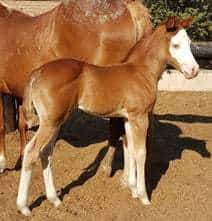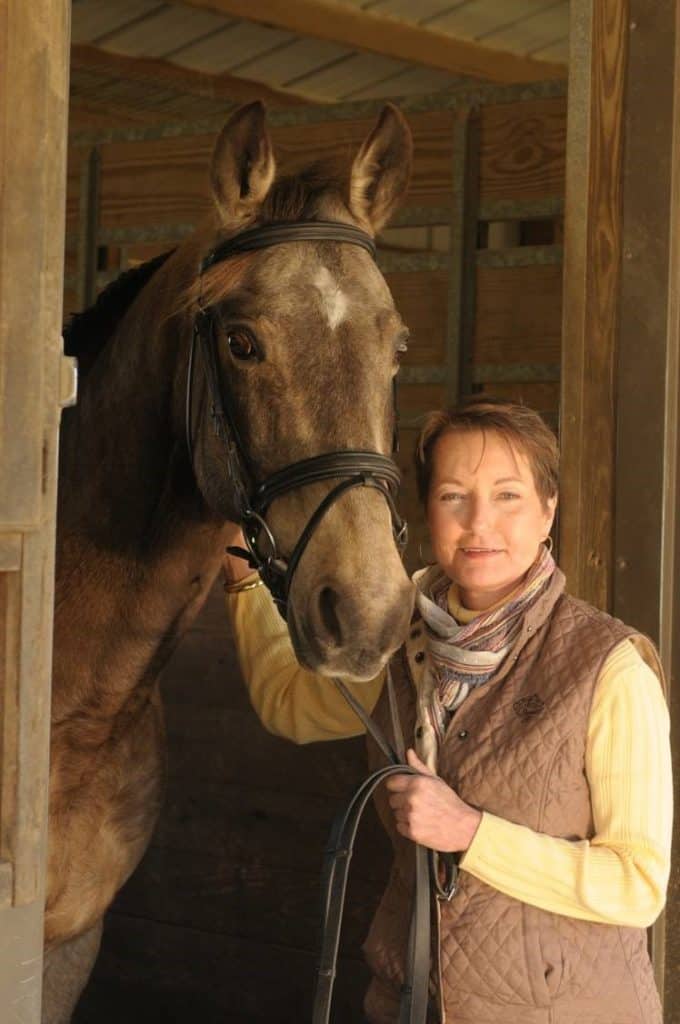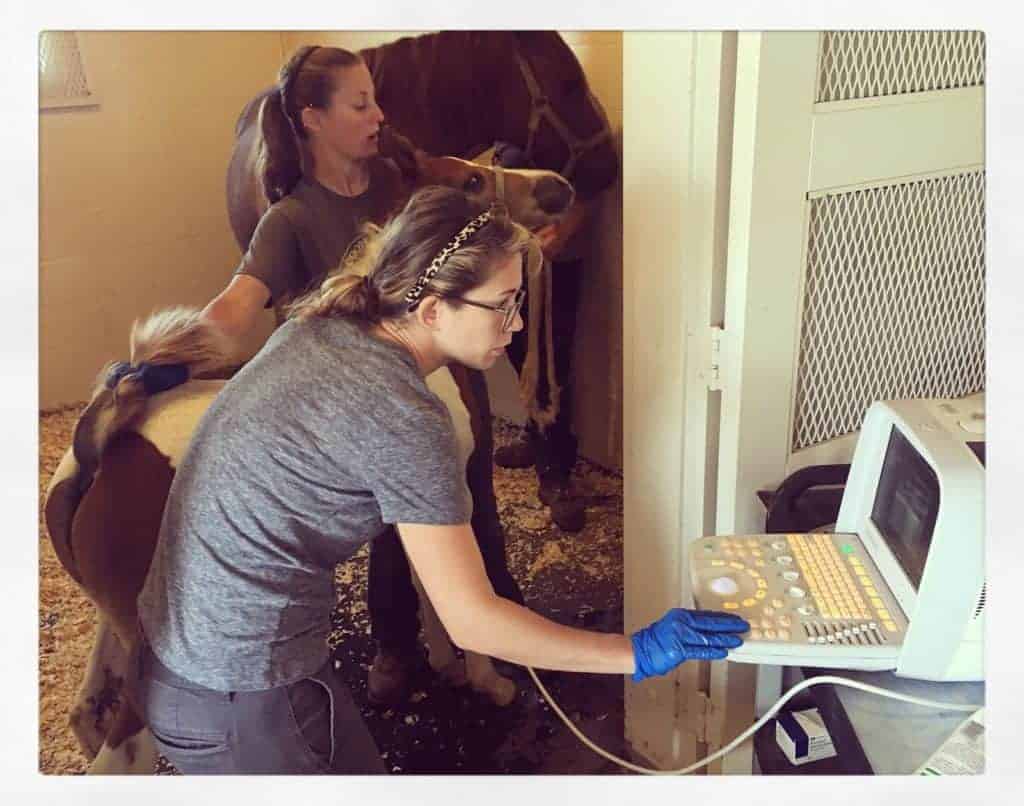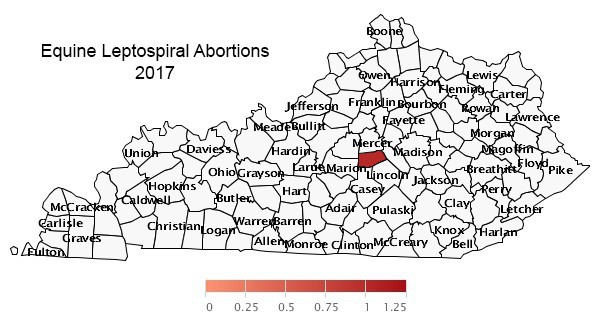
Study: Mares, Foals Can Benefit From Blue-Light Masks
Among other results, scientists found that foals born to light-therapy mares were more mature at birth and grew faster.
Horse breeding from planning through foal care

Among other results, scientists found that foals born to light-therapy mares were more mature at birth and grew faster.

Laboratory results show the stem cells can differentiate into fat, bone, cartilage, and muscle tissue.

Researchers are studying whether magnetic nanoparticles could effectively separate “X” and “Y” stallion spermatozoa.

Terje Raudsepp, PhD, presented in honor of UK equine genetics researcher Teri Lear, PhD, who passed away in 2016.

Top tweets and take-homes from sessions on biosecurity, ethics, handling rank horses in the field, and more!

Presenters will cover topics including safety, horse welfare, equine reproduction, horse management, and more.

Study results revealed promising pregnancy rates with embryos that weren’t frozen in a laboratory but in a barn.

Base coat color and horse sex appear to play significant roles in spotting patterns, researchers learned.

How can you make sure your horse is getting the nutrition he needs during the cold months? Ask our equine nutritionist!

Gene doping’s effects, good or bad, remain unclear. It might not affect performance and could have serious side effects.

The “Gaitkeeper” gene mutation has been linked to success in trotting races in Standardbreds.

An “athletic” heart is a heritable characteristic linked to good endurance performance, researchers confirmed.

Cesar is studying neonatal immunology with a focus on R. equi and young foals’ immune responses to it.

Leptospirosis bacteria can be present in apparently healthy horses, yet can also cause abortions and eye problems.

The center will DNA test all Thoroughbred foals and serve 30 other horse breed societies across Australia.

Necrotizing enterocolitis is a serious disease in foals less than 4-6 days of age that’s associated with a high death rate, despite therapeutic interventions.
Stay on top of the most recent Horse Health news with
"*" indicates required fields